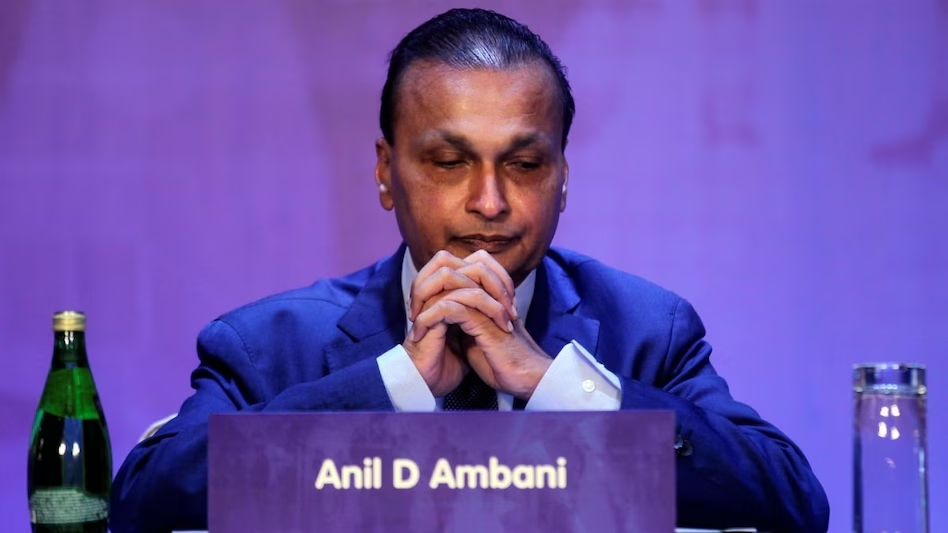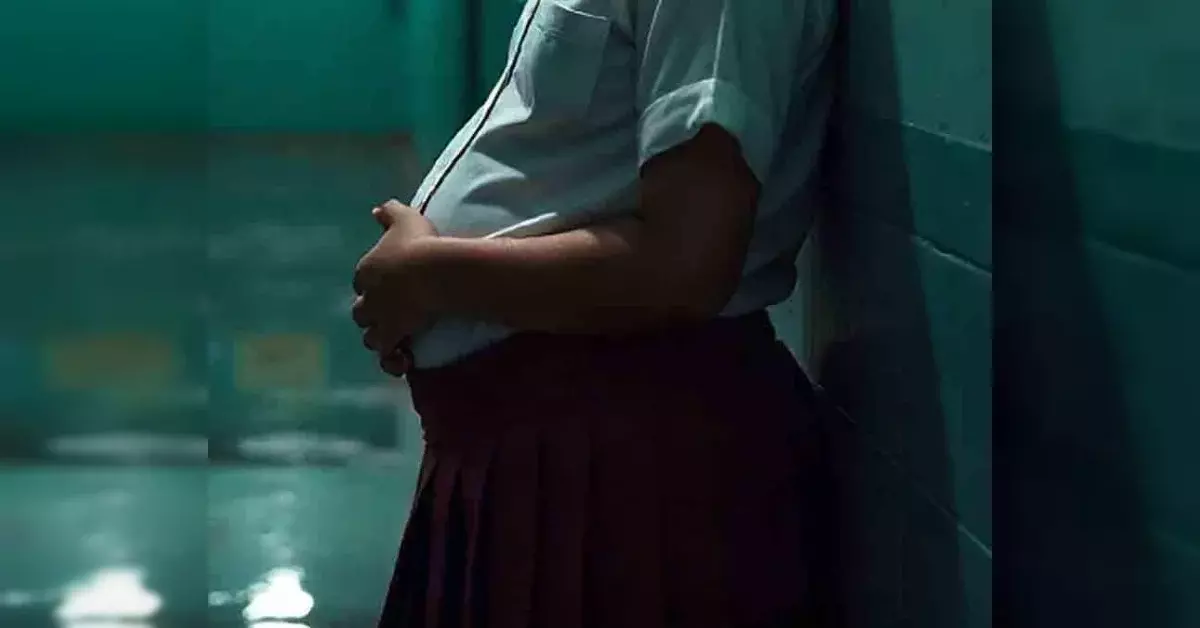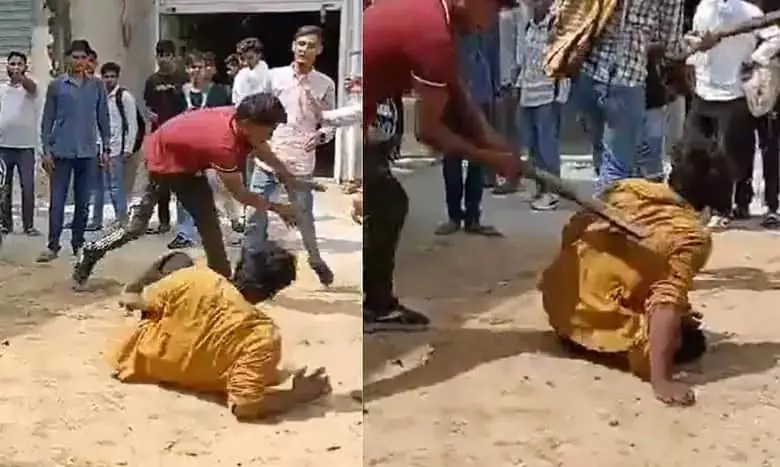
Hindutva group killed Sabir: No case against him because the meat was not beef
text_fieldsIn a case of cooking and consuming beef against Sabir Malik, a Muslim migrant worker from West Bengal, lab reports confirmed two months later that it was not beef, though Malik was beaten to death for the same by Hindutva cow vigilantes in Haryana’s Charkhi Dadri district on August 27.
Investigations reveal a detailed procedural handling of the meat sample associated with the case, initially sent to a lab in Faridabad before being redirected to Sunaria Lab, which then returned it to Faridabad for further analysis.
The examination confirmed that the meat sample was not beef, contradicting the suspicions held by the vigilante group. This finding, which has been deemed conclusive, will be included in the charge sheet to be submitted to the court as evidence disproving the allegations of beef consumption.
The incident unfolded when a group of cow vigilantes intercepted Malik and another migrant worker from Assam, identified as Asiruddin, both of whom were waste-pickers residing in Badhra Tehsil. The mob, part of a Hindutva group, allegedly lured Malik to a bus stand under the pretence of discussing scrap disposal before calling in Asiruddin as well. Once the two men arrived, the group proceeded to assault them, claiming their actions were driven by suspicions of beef consumption.
As the attack escalated, concerned passersby intervened, prompting the mob to forcibly transport the victims to a remote location on motorcycles. Malik was later found dead near a canal in Bhandwa village, while an injured Asiruddin was abandoned at a different site. Though severely wounded, Asiruddin survived after receiving medical care.
The brutal nature of Malik's death drew significant public outrage, which intensified after a video surfaced on social media showing vigilantes beating him with large logs. Law enforcement authorities, led by the superintendent of police, responded promptly to the public reaction, resulting in the apprehension of five individuals identified as Abhishek, Mohit, Ravinder, Kamaljit, and Sahil.























